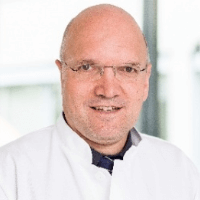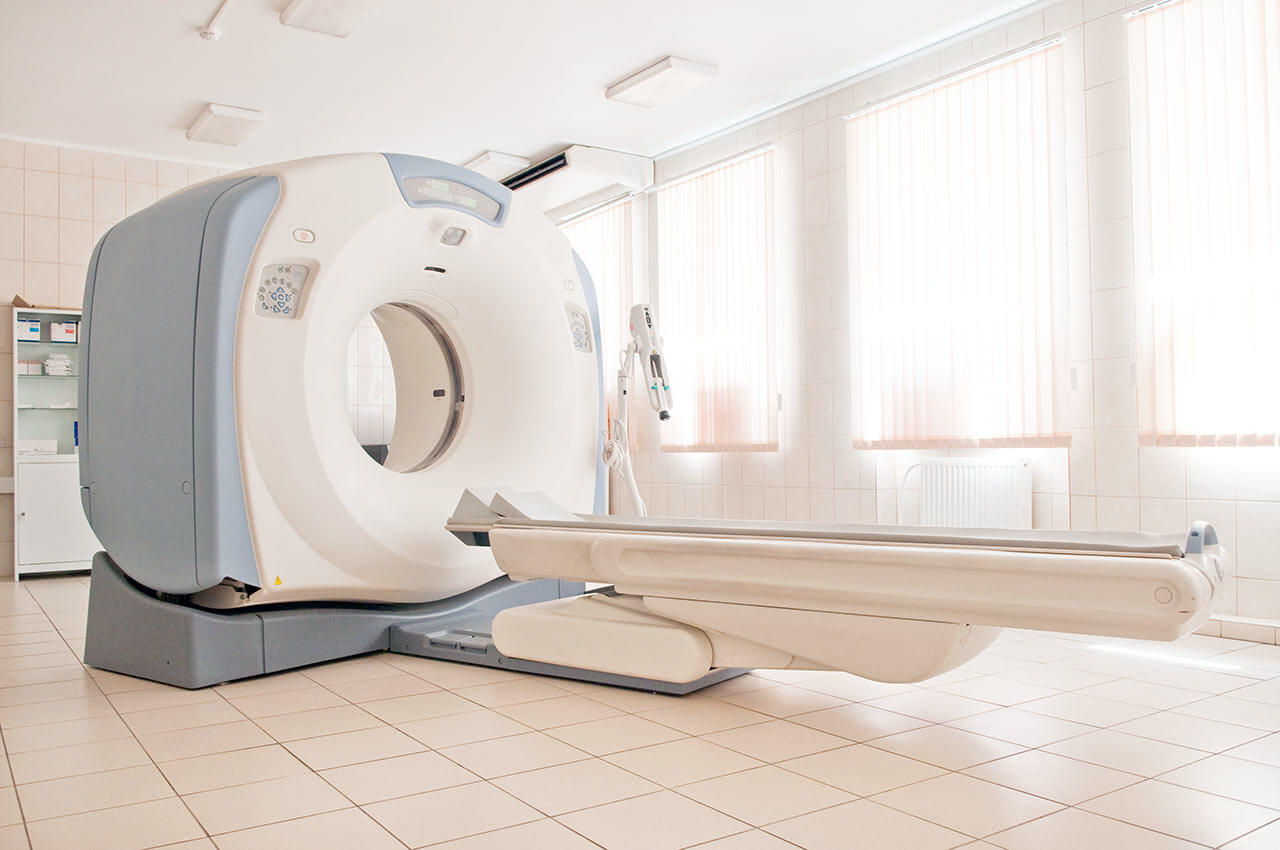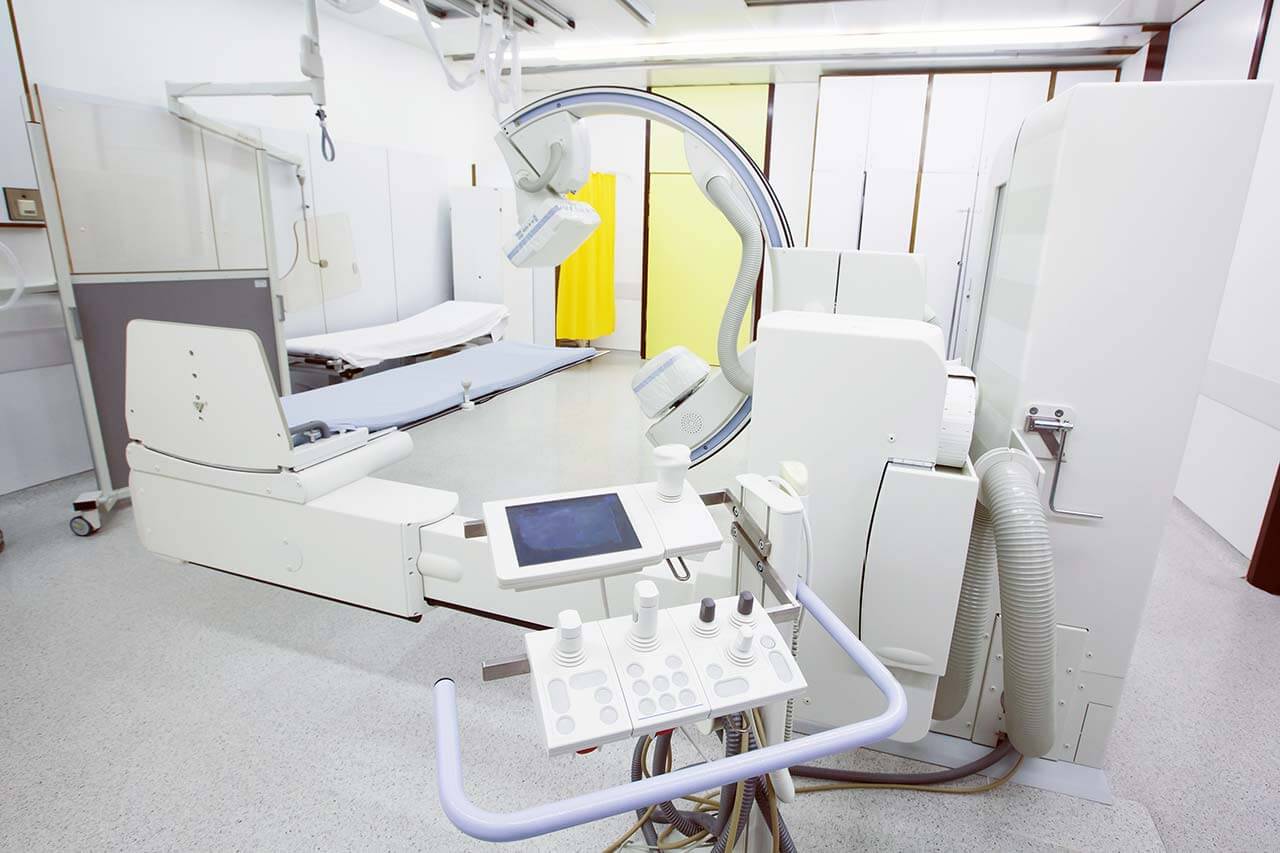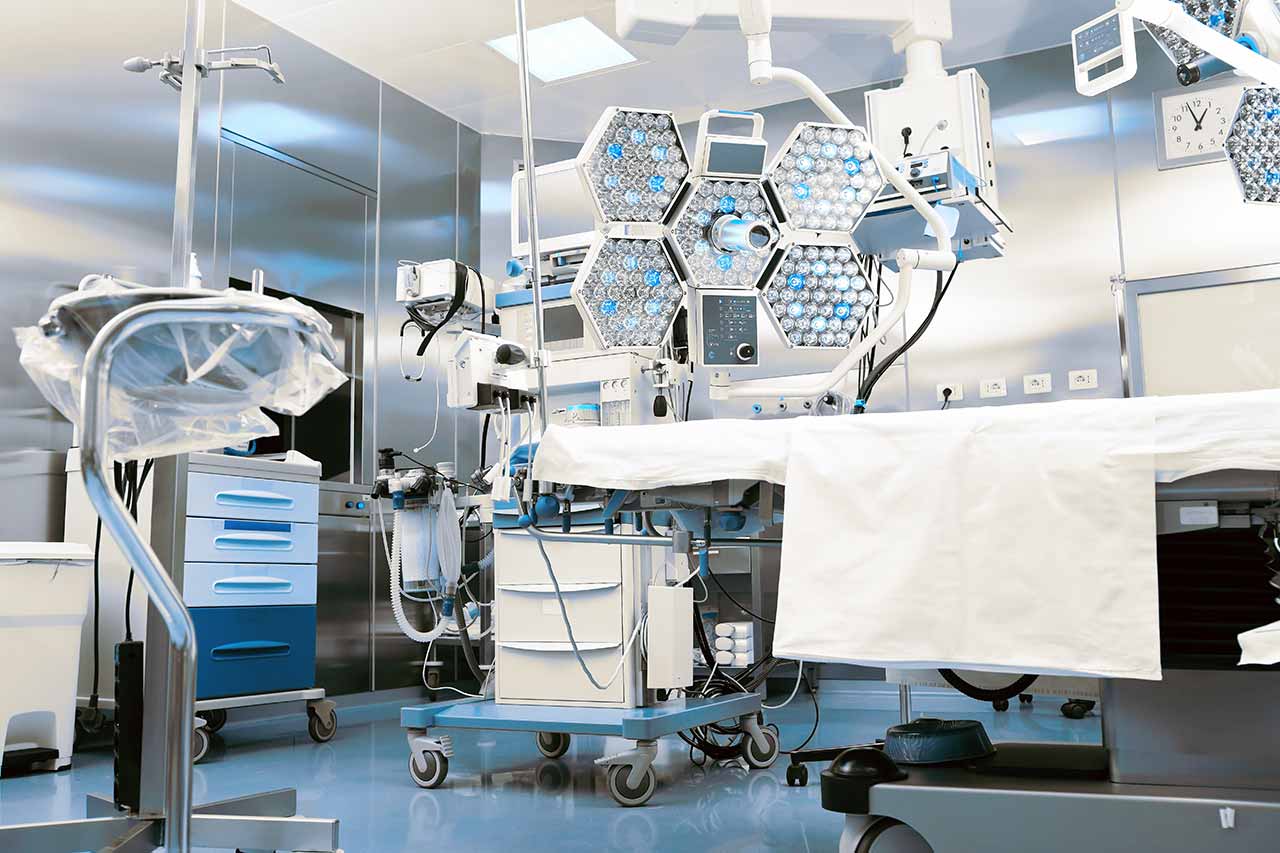
The program includes:
- Initial presentation in the clinic
- clinical history taking
- review of medical records
- physical examination
- laboratory tests:
- complete blood count
- general urine analysis
- biochemical analysis of blood
- inflammation indicators (CRP, ESR)
- indicators blood coagulation
- neurological examination
- functionality x-ray
- CT/MRI scan
- neuropsychological tests (on indications):
- ENMG (electroneuromyography)
- EEG (electroencephalography)
- SEPs (somatosensory evoked potentials)
- VEPs (visually evoked potentials)
- BAEP tests (brainstem auditory evoked potential)
- preoperative care
- treatment of angioma with coiling or radiosurgery
- 1-day intensive care unit stay
- postoperative MRI control
- symptomatic treatment
- control examinations
- the cost of essential medicines and materials
- nursing services
- full hospital accommodation
- developing of further guidance
Required documents
- Medical records
- MRI/CT scan (if available)
- MR/CT-angiography (if available)
Service
You may also book:
 BookingHealth Price from:
BookingHealth Price from:
About the department
The Department of Adult and Pediatric Neuroradiology offers the full range of imaging diagnostics and minimally invasive therapy for diseases of the brain and spinal cord, neuromuscular pathology, etc. The department is equipped with the state-of-art CT and MRI systems for the most accurate imaging of anatomical structures, as well as the examination of cerebral blood flow, metabolic processes, brain functions, etc. The priorities of the department are the interventional neuroradiology, epilepsy diagnostics, and imaging diagnostics of neurological diseases in children. The department is headed by Prof. Dr. med. Horst Urbach.
The service range of the department includes:
- Magnetic resonance imaging (MRI) for the diagnostics of head diseases, including pathologies of the brain, spine, spinal cord and peripheral nervous system
- Standard neuroradiological diagnostics (for epilepsy diagnostics and pathological changes associated with it, dynamic blood flow imaging, as well as for anatomical and functional imaging of special brain areas and peripheral nerves during preoperative neurosurgical planning (functional MRI and tractography))
- Acute stroke diagnostics
- Diagnostics of neurodegenerative diseases (Alzheimer's disease, Parkinson's disease)
- Specially adapted MRI examinations in children (in collaboration with the Department of Neuropediatrics and Muscular Diseases)
- Computed tomography (CT)
- Stroke diagnostics
- Diagnostics of brain tumors and herniated spinal discs
- Imaging of the arteries and veins in the neck and brain (for example, in order to detect aneurysms or artery stenosis)
- Myelography (X-ray method for the examination of the spine and spinal cord structures, which involves injection of a radiopaque substance into the spinal canal)
- Angiography of cerebral vessels (invasive contrast-enhanced examination method), for example, for the detection of aneurysms, arteriovenous malformations and fistulas
- Treatment of arteriovenous malformations
- Microsurgical removal
- Stereotactic radiotherapy
- Other diagnostic and therapeutic options
Curriculum vitae
- Since 2013 Head of the Department of Adult and Pediatric Neuroradiology at the University Hospital Freiburg.
- 2000 Habilitation.
- 1997 - 2013 Senior Physician, Department of Neuroradiology, University Hospital Bonn.
- 1996 Senior Physician, Department of Neuroradiology, University Hospital Würzburg.
- 1995 Specialization in Neuroradiology.
- 1994 Medical Specialist in Radiological Diagnostics.
- 1988 - 1995 Medical education, Radiology and Neuroradiology, Andernach, Koblenz and Bonn.
- 1989 Doctoral thesis defense.
- 1988 Admission to medical practice.
- 1981 - 1988 Study of Human Medicine and Chemistry, University Hospital Bonn.
Main Research Focuses
- Epilepsy diagnostics.
- Interventional neuroradiology.
Memberships
- German Society of Radiology (DRG).
- German Society of Neuroradiology (DGNR).
- European Society of Neuroradiology (ESNR).
- Co-editor of the Journal Clinical Neuroradiology.
- Member of the Editorial Board of the Journal Neuroradiology.
- Co-editor of the European Neurological Review.
Photo of the doctor: (с) Universitätsklinikum Freiburg
About hospital
The University Hospital Freiburg is famous for its rich history and is one of the oldest and most prestigious medical facilities in Germany (one of the three best medical institutions in the country). The hospital was based on the Faculty of Medicine of the Albert Ludwig University of Freiburg, which celebrated its 550th anniversary in 2007. It should be noted that the hospital is proud of its world-renowned specialists, many of whom during their work here have become Nobel laureates.
The medical facility represents all fields of modern medicine. It consists of 42 departments, 11 institutes and 10 interdisciplinary centers. The highly qualified doctors of the hospital deal with the treatment and rehabilitation of patients with both common and rare diseases. All departments and institutes of the hospital take an active part in fundamental researches of international scale, due to which patients have access to the very latest achievements of medicine, advanced diagnostic methods, state-of-the-art medical equipment and proven effective methods of therapy.
The hospital has a variety of medical achievements, for example, the world's first TIPS procedure, the first implantation of the Jarvik-2000 artificial heart in Europe, the first robotic-assisted surgery on the brain, and the first combined cardiopulmonary transplantation in the land of Baden-Württemberg. In 2004, the University Hospital Freiburg became the first German hospital, which performed kidney transplantation in the incompatibility of blood groups. At the moment, the hospital belongs to medical centers with the greatest experience in performing such an operation.
An interdisciplinary approach to treatment, highly qualified staff, as well as individual patient care and a pleasant environment are key to the hospital’s success.
Photo: (c) depositphotos
Accommodation in hospital
Patients rooms
The patients of the hospital are provided with comfortable rooms with a pleasant design, which create a conducive atmosphere for recovery. The standard furnishing of the patient room includes a telephone, a free radio and TV, a device for calling medical staff, lockers and a safe, an adjustable bed, a chair and a table. The pediatric departments are designed with play areas. The patient may be accommodated in a single or double enhanced-comfort room (for example, with an ensuite bathroom) at an additional cost.
Meals and Menus
The patients are offered good three meals a day with a large selection of dishes. The patients inform about their wishes to the menu in advance, and this information is transmitted to the kitchen. Throughout the day, patients may drink mineral water and tea, which can be found in the department on special tables. The bedridden patients receive drinks from the nursing staff. Other drinks may be purchased at the hospital’s cafeterias and bistro, where patients can come along with visitors.
If you do not eat some products due to intolerance or other personal reasons, please notify the nursing staff in advance, so that all your wishes to be taken into account when preparing the menu.
Further details
Standard rooms include:
Television
All patient rooms have a free radio and TV. The patients can also watch the hospital’s own 24-hour channel with a varied program and interesting information.
Accompanying person
At the availability of free beds, the accompanying person may be accommodated in the same room with the patient, at an additional cost. In addition, the hospital offers special accommodation conditions for patients requiring long-term hospitalization. Parents have at their disposal special apartments in the children's hospital.





